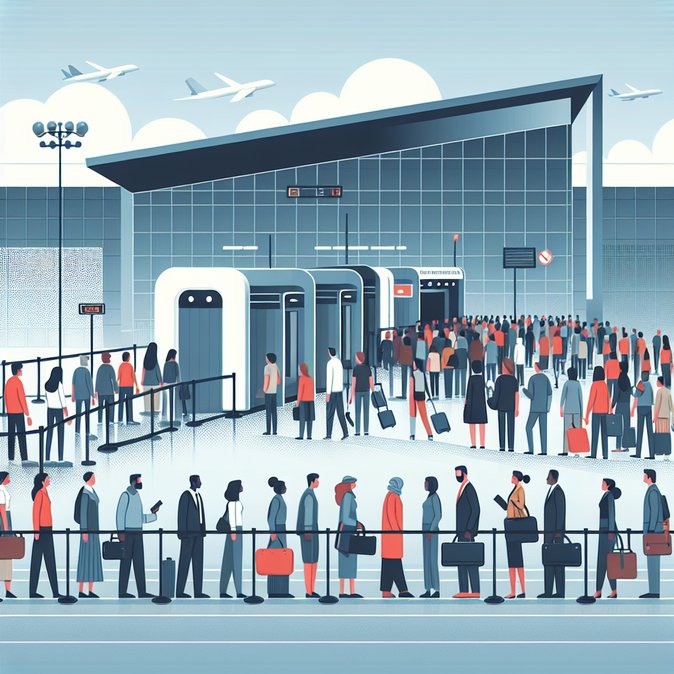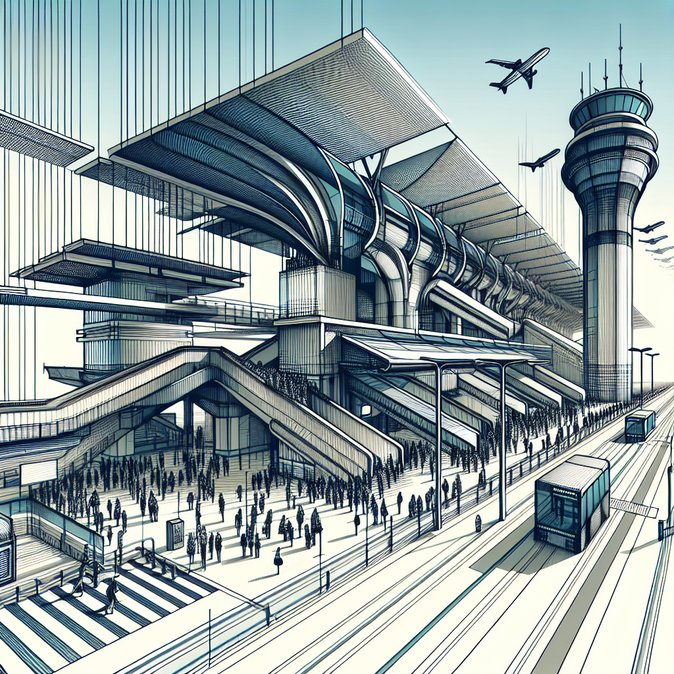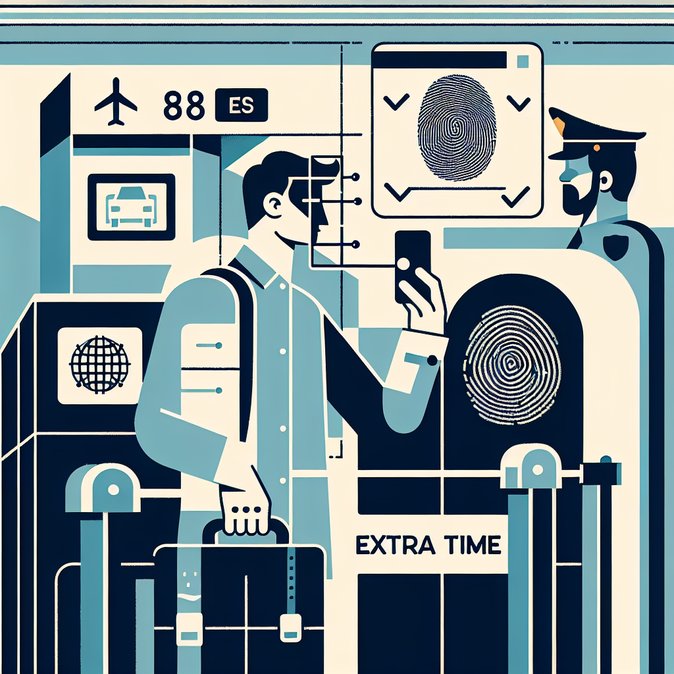
Passengers flying to the United Kingdom from Málaga-Costa del Sol Airport over the weekend faced tail-backs that stretched beyond Terminal 3’s cafés, with some travellers missing flights after waiting more than two hours at passport control. Social-media images show UK passport lines overlapping each other while EU lanes moved freely.
Airport operator AENA confirmed that recently installed biometric kiosks—part of Spain’s phased Entry/Exit System roll-out—were "live-tested" on Saturday, 15 November, catching frontline staff off-guard. The kiosks capture facial images and store data for future automated processing, but need manual assistance when first-time users struggle. AENA said staffing was increased later in the day and average processing times fell back to 20 minutes, yet business-travel associations decried the lack of advance notice.
![Record queues at Málaga Airport expose growing pains of Spain’s border-tech upgrade]()
The chaos comes as Málaga posts its highest ever October traffic: 2.58 million passengers, up 6.1 % year-on-year. UK routes account for almost a quarter of movements, making smooth border flows vital for tourism-dependent Andalucía. Travel-risk consultants Control Risks noted that inconsistent implementation between airports risks "postcode-lottery" experiences for corporate travellers, adding costs to duty-of-care programmes.
For mobility managers, the incident is a warning to brief employees to arrive earlier, carry proof of onward tickets and monitor live queue dashboards (flightqueue.com/AGP). In the short term, peak-season charters around Christmas could see similar flashpoints unless the National Police accelerates staff training. Longer-term, once travellers are enrolled, e-gates should speed up departures and arrivals—if airport resources keep pace with traffic growth.
Airport operator AENA confirmed that recently installed biometric kiosks—part of Spain’s phased Entry/Exit System roll-out—were "live-tested" on Saturday, 15 November, catching frontline staff off-guard. The kiosks capture facial images and store data for future automated processing, but need manual assistance when first-time users struggle. AENA said staffing was increased later in the day and average processing times fell back to 20 minutes, yet business-travel associations decried the lack of advance notice.

The chaos comes as Málaga posts its highest ever October traffic: 2.58 million passengers, up 6.1 % year-on-year. UK routes account for almost a quarter of movements, making smooth border flows vital for tourism-dependent Andalucía. Travel-risk consultants Control Risks noted that inconsistent implementation between airports risks "postcode-lottery" experiences for corporate travellers, adding costs to duty-of-care programmes.
For mobility managers, the incident is a warning to brief employees to arrive earlier, carry proof of onward tickets and monitor live queue dashboards (flightqueue.com/AGP). In the short term, peak-season charters around Christmas could see similar flashpoints unless the National Police accelerates staff training. Longer-term, once travellers are enrolled, e-gates should speed up departures and arrivals—if airport resources keep pace with traffic growth.


